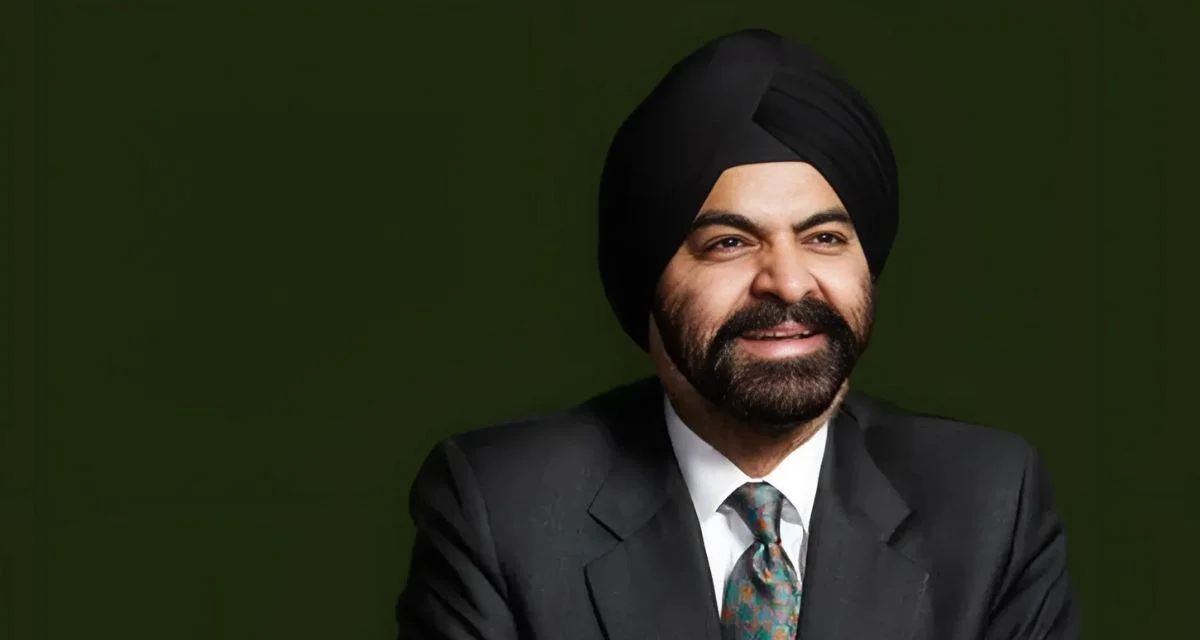The World Bank’s Board of Executive Directors has approved a second Development Policy Financing (DPF) operation for Somalia, providing a $125 million International Development Association (IDA) grant. This initiative continues the country's reform efforts aimed at building economic resilience through sustainable public finances and supporting private sector development. The new funding follows an earlier DPF of the same amount approved in 2024.
“This DPF is a testament of the government’s unwavering commitment to implement institution-building reforms to construct a more stable state and enhance resilience to rebuild the social contract,” said Hideki Matsunaga, World Bank Country Manager for Somalia. “These reforms are designed to enhance the efficiency, transparency, and accountability of public institutions, thereby creating a conducive environment for private sector investment and generating jobs.”
The program seeks to help Somalia strengthen its public finances by raising tax revenue and improving how public money is managed. These steps are intended to provide more reliable funding for development needs while reducing reliance on foreign aid.
As part of its objectives, the operation will also focus on expanding investments in renewable energy generation with a target of achieving 50 megawatts of renewable energy capacity by December 2026. Increasing access to electricity through renewables is expected to lower costs, boost reliability, create jobs, and improve service delivery across sectors.
To further encourage private sector growth, reforms under this DPF include support for developing microfinance services and drought insurance products. The measures aim to make it easier for women without bank accounts to access finance, contributing toward greater gender equity. Additional priorities include boosting seafood exports by encouraging investment in fisheries infrastructure such as cold storage and processing facilities, as well as enhancing broadband connectivity nationwide.
“Efforts to enhance domestic resource mobilization, supported by the DPF, are imperative for decreasing dependency on external aid in the face of declining external grants,” said Stella Ilieva, Task Team Leader and Senior Economist. “These efforts, together with actions to manage prudently and efficiently public accounts contribute to macroeconomic stability and increase fiscal space for productivity enhancing investments.”
This operation complements other World Bank projects in Somalia under its Country Partnership Framework (FY24–28), which focuses on climate action co-benefits, narrowing gender gaps, and maximizing financial resources for development goals.
The IDA was established in 1960 as one of the world’s largest sources of assistance for low-income countries through grants or low- or zero-interest loans aimed at fostering economic growth and reducing poverty.

